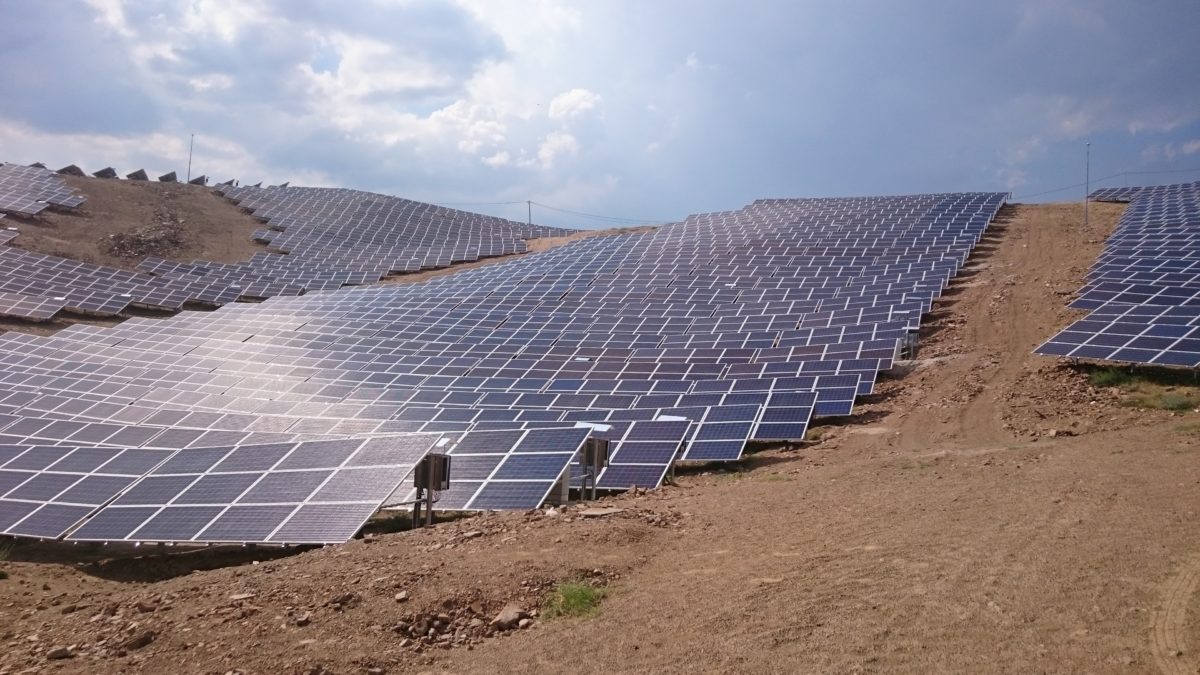Where is the power? The question is not a metaphor and does not refer to Turkish politics. It refers specifically to the electricity needed to power Turkey's most populous city.
According to Turkey's energy minister Berat Albayrak, who is also the son-in-law of Turkey's president Tayyip Erdogan, Istanbul will face severe blackouts in the next three to five years if significant investments to renew the power infrastructure are not made immediately. “We have been carrying large amounts of electricity from Anatolia and the Black Sea region to Istanbul, which poses a big risk,” Albayrak said at Turkey's Milliyet newspaper.
Albayrak added that the Marmara region, where Istanbul is located, consumes a third of Turkey's total electricity use.
The news is no surprise to the city's residents who face regular blackouts. What is strange, however, is that the Turkish energy ministry does not see solar PV as a solution to the city's energy problem.
In April last year, Turkey's electricity transmission company (TEIAS) tendered 302 MW of large scale PV capacity. The tender was the last phase of a series of auctions totaling 600 MW of large-scale PV plants. These projects, once built, will receive a feed-in tariff for 10 years.
However, according to information acquired by pv magazine, the Turkish Government has set a solar irradiation limit only above which a site can qualify for solar PV development. Furthermore, PV developers were also requested to submit six months of on-site irradiation measurements when applying for a license.
Due to the government's solar irradiation limit for project sites, major power consumption centers that could benefit from solar PV are Antalya, Ankara, and Izmir. The Istanbul region, by contrast, does not satisfy the set radiation standards, and therefore of the 600 MW auctioned licensed projects none can be located nearby to the city.
Thankfully, this rule does not apply to the so-called unlicensed market, concerning PV projects smaller than 1 MW each.
However, Solarbaba notes that an additional challenge is that there is a lack of available land in the area surrounding Istanbul, and that any such sites would be more suitable for wind development. Solarbaba says that there is a huge potential for rooftop PV within the city itself.
Developing rooftop PV in Turkey is, however, hamstrung as Turkey lacks a rooftop PV policy framework. Thus far, the few small systems installed in Istanbul and elsewhere in Turkey have been developed under financial schemes offered by the European Bank for Reconstruction and Development (EBRD). An EBRD spokesperson told pv magazine the bank is promoting that solar rooftops be included in the forthcoming energy efficiency plan currently being drafted by the government.
Turkey's energy minister has said the government would open tenders in the following months to increase the use of local coal reserves in Turkey's electricity mix. “Some claim that Turkey is turning to coal reserves at a time when the world is turning to renewables. But it should be remembered that the share of the use of coal reserves in Turkey is just 13%, which is much lower than the world average of 35% to 40%,” Albayrak added.
This is not great news for Istanbul's residents who will have to cope with increased coal emissions and lower air quality. But should they want to protest, they better ask for permission, otherwise, they risk to be prosecuted as state betrayers and potential terrorists.
This article has been amended to include the input of Solarbaba.
This content is protected by copyright and may not be reused. If you want to cooperate with us and would like to reuse some of our content, please contact: editors@pv-magazine.com.


1 comment
By submitting this form you agree to pv magazine using your data for the purposes of publishing your comment.
Your personal data will only be disclosed or otherwise transmitted to third parties for the purposes of spam filtering or if this is necessary for technical maintenance of the website. Any other transfer to third parties will not take place unless this is justified on the basis of applicable data protection regulations or if pv magazine is legally obliged to do so.
You may revoke this consent at any time with effect for the future, in which case your personal data will be deleted immediately. Otherwise, your data will be deleted if pv magazine has processed your request or the purpose of data storage is fulfilled.
Further information on data privacy can be found in our Data Protection Policy.